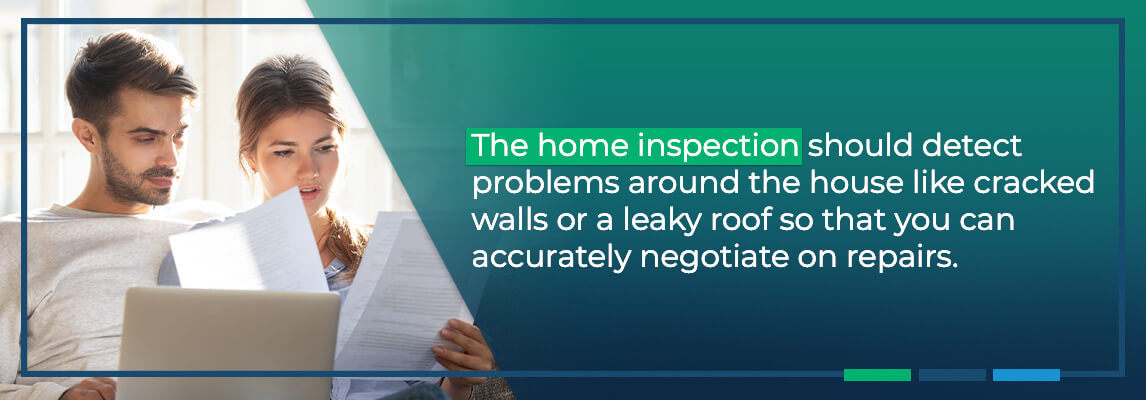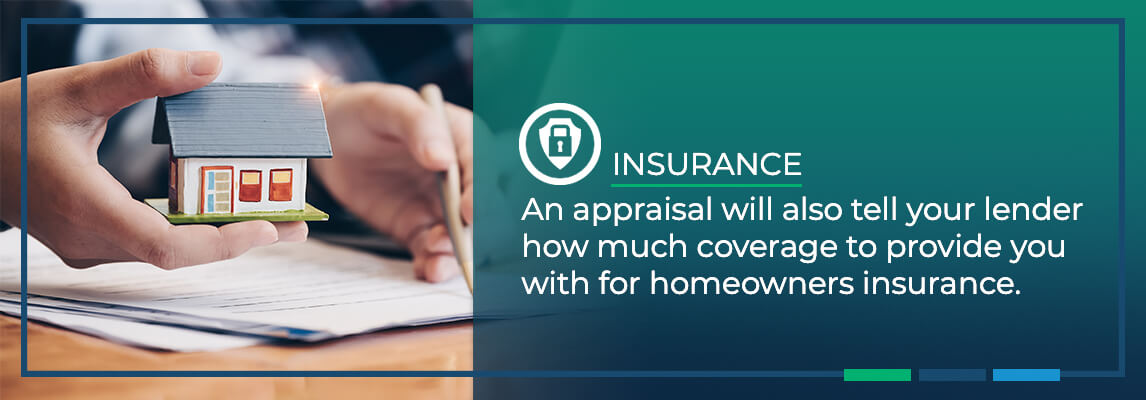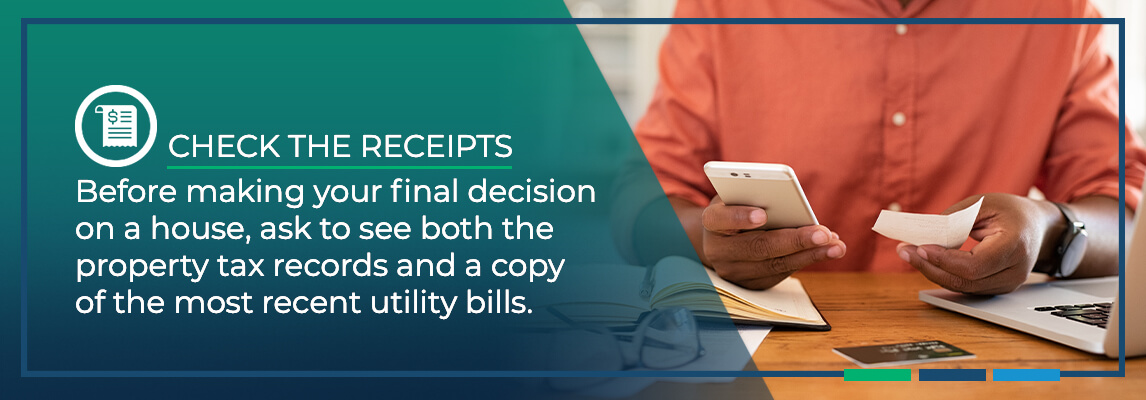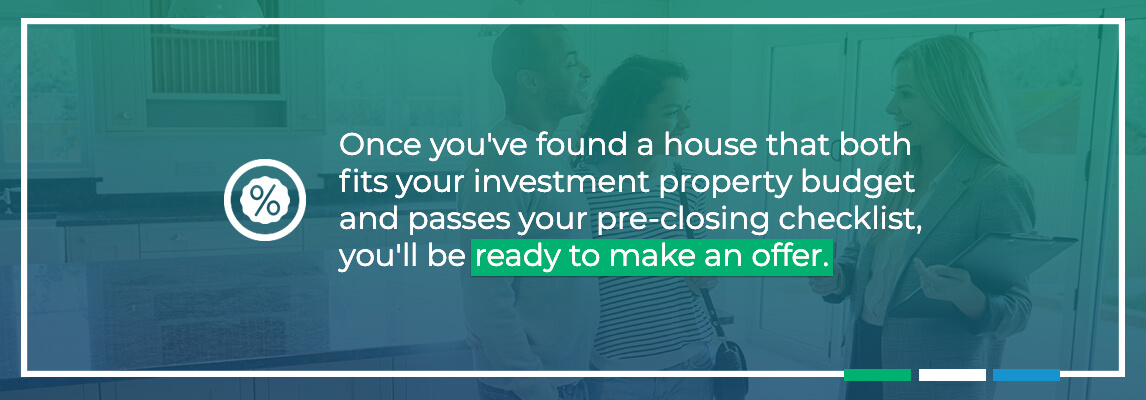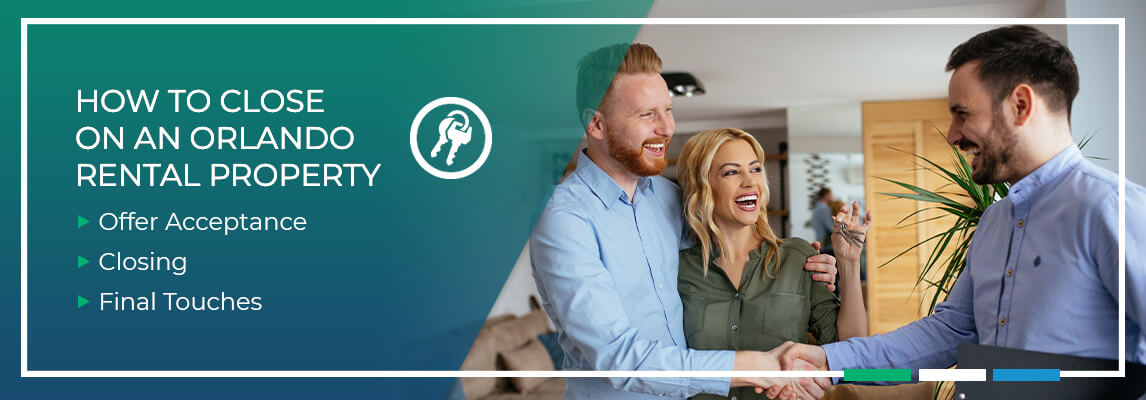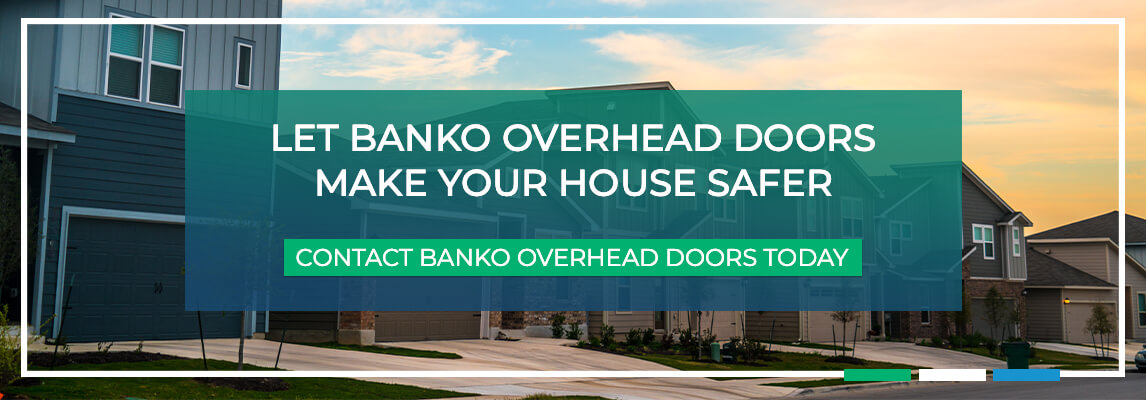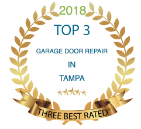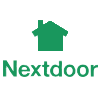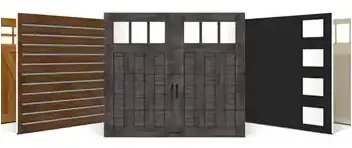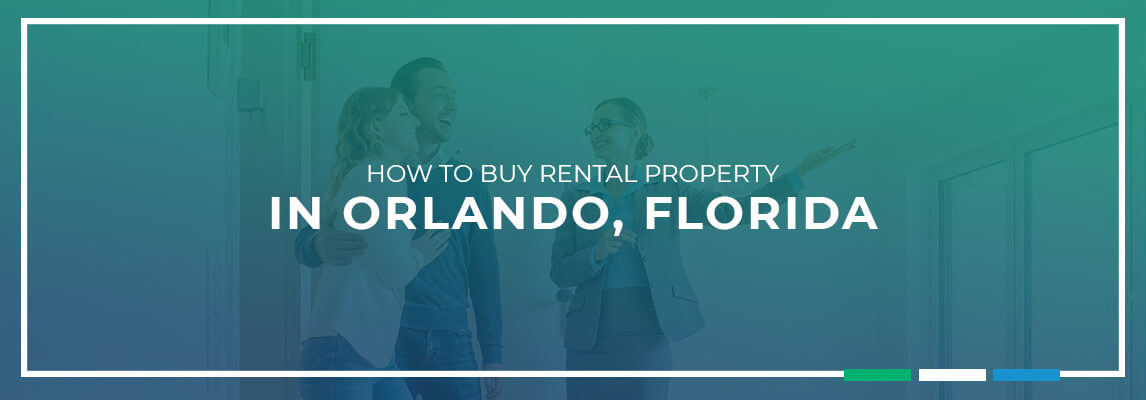
Between its sunny weather and proximity to Disney World, it’s no wonder why Orlando was ranked the number one place to invest in a second home. Orlando offers a variety of tight-knit communities to join, all within miles of major travel hubs, professional sports franchises and recreational activity options like Universal Studios. So whether you’re looking for a short-term vacation rental property or long-term tenants, you’ll have no problem finding potential renters.
At Banko Overhead Doors, we couldn’t agree more that Orlando is one of the best places to live, and we can’t wait to see how much owning rental property in Orlando will benefit you. To help you make a smart investment, this article will give you an overview of the basic steps for choosing the right Orlando property and how to purchase it.
Table of Contents
- What to Consider Before You Begin
- How to House Hunt
- How to Close on an Orlando Rental Property
- Let Banko Overhead Doors Make Your House Safer
What to Consider Before You Begin

Purchasing property is a big commitment, so you should establish some key ground rules before starting to shop around. Knowing where you stand on aspects, such as how much you’re willing to pay for a mortgage, is essential to prevent you from falling in love with a house you can’t afford or agreeing to a property you can’t maintain. Come up with a game plan before checking out the market so you don’t end up signing a contract you can’t keep.
Here are some of the main points you should be sure to discuss before embarking on your home buying adventure:
What Are Your Needs?
The first step is to figure out whether the decision to buy rental property in Orlando, Florida, is right for you. If you want the flexibility of living in Orlando only part of the year and can afford to own multiple properties at once, buying rental property in Orlando is a great option.
Considering Orlando ranks within the top five most moved-to areas in the U.S., you won’t be short on interested renters, so buying vacation rental property in Orlando is likely a profitable opportunity. In fact, Orlando was ranked as one of the top places in America to buy an investment property in 2020 based on the city’s employment and population growth, along with affordability.
Owning a rental property can be a smart way for you to let someone else pay your mortgage while your equity grows as long as you purchase the property at an opportune time. Ultimately, you’ll need to assess the state of the current housing market before deciding whether it would be smart for you to invest in an Orlando rental property at this time.
What Is Your Budget?
When buying a house, be sure to calculate more than just the down payment into your budget plan. Remember that a mortgage payment should not be more than 28% of your pre-tax income to help determine a realistic price range for yourself. Then, review your credit rating to see whether you’ll have any issues getting approved for a loan.
If you do decide to get a loan to buy a property in Orlando, Florida, there are several financial options available to you. Before meeting with anyone to discuss financing your home, gather your recent pay stubs, tax returns for two years, credit card account information, auto loans, bank accounts and investments in a single file to have on hand. Then you will be ready to find a mortgage lender you can trust, such as your current bank or credit union, to get pre-approved for your home loan.
Who Is Your Real Estate Agent?
Now that you know your budget, it’s time for you to find a real estate agent you can trust. When buying a property in Orlando, Florida, working with an agent won’t cost you anything because they are paid commissions from the seller’s proceeds.
Try to find an experienced real estate agent who specializes in the Orlando area and can provide you all the information you need to make the right investment property decision. No one knows the local housing market like a local agent, so that’s who will be able to tell you whether you’re making a good investment. A real estate agent is also familiar with the local housing market trends and could help you determine whether your timing is good or if the market’s in a slump, and you should wait for it to rebound again.
Once you’ve found a real estate agent you like, you can discuss with them what you want from your rental property and how much you can afford to pay. A good agent will be able to create a list of homes that match your needs for the best price possible.
How to House Hunt

After settling your finances and finding a reputable agent, you’ll be almost ready to start touring homes. There are certain steps you should take to make your house hunting efficient and save yourself from wasting time looking at houses that don’t have everything you’re interested in.
Here’s what to do if you want to have a smooth home buying experience:
Consider Market Value
When compiling a list of potential investment properties, you have to remember that your goal in purchasing the property is to make money from rental income. Look for properties that you could fairly charge a high enough rent to turn a profit. Make a list of “must-haves” that tenants would demand from a rental property and qualities they’d consider “nice to have” to help you focus in on a smaller number of properties. Customize your list by putting yourself in your prospective tenants’ shoes, whether you’re interested in short-term vacation renters or long-term tenants.
Try to meet as many “must-haves” as you can, but remember that the current state of the rental market in the area you’re property shopping in outweighs any particular feature of a house. Studying past growth trends, vacancy rates, demographics and population growth of a neighborhood will be far more beneficial to finding you a suitable investment property than searching for houses in places you find cool.
Looking at houses in Orlando can be overwhelming because the area offers a lot of neighborhoods, and each one is unique. Try using a guide to Orlando neighborhoods to help you focus in on a few neighborhoods that stand out to you. Choose a neighborhood that’s near plenty of amenities, in a good school district, has low property taxes and a low crime rate to appeal to as many potential renters as possible.
Drive Around
Looking at houses in newspaper ads or online is one thing, but you’ll want to drive around and see a home’s neighborhood to get a true feel for the area. Remember that you’ll be investing in the community, not just the house. Different sections of Orlando offer different perks, from theme parks and entertainment options to hospitals and public schools, so make sure whatever area you’re considering has the amenities you’ve decided are most important.
Make sure you only visit neighborhoods whose homeowners associations allow rentals. Some HOAs do not, so do your research before wasting a trip to an area that doesn’t permit rental properties.
Walk Through
Driving is a great way to cover a lot of ground quickly, but it’ll take more than a drive-by if you really want to get to know a property. You can go to an open house or get your agent to book a showing appointment for you so you can explore the house for yourself. Even though you won’t necessarily be living in the house, you should be critical of the house’s condition, or you won’t be able to secure renters. For instance, visit the house at least once in the evening so you’re aware of sounds you may have missed during the day’s bustle and don’t lose tenants because they can’t sleep next to a busy highway.
If you’re buying a property in Orlando, but you don’t currently live in Florida, do your best to tour houses virtually and research the area thoroughly. For remote buyers, a trustworthy real estate agent is even more essential because they will be your best resource on local information, such as what different neighborhoods are like and how much houses usually sell for in that area. You may even be able to get your agent to attend a home showing as a proxy.
Get Picky
As you tour homes, give them each a rating after you leave. Write down the highlights and things you’d wished were better about each house to make narrowing your search easier. You might be lucky enough to find multiple homes that check all the boxes in your “must-have” column. In that case, move to the “would be nice to have” column and start eliminating houses that don’t make the cut.
If you’re purchasing an investment property in Orlando, be sure to talk about the potential resale value of a house with your agent to ensure you get a good return on what you spent if you end up flipping the house.
Count the Costs
Once you’ve settled on a couple of viable investment property options, take the time to work out exactly how purchasing the property could impact your cash flow. Take the property’s regular upkeep, management expenses and any renovations or repairs into consideration so you can get an accurate estimate of whether your rental income would be enough to cover these costs and still leave you with some leftover profits.
These calculations may vary depending on whether you plan to have short-term vacation renters or long-term tenants. For vacation rentals, you will need to keep up with the property’s utilities and furnishings on your own, but you’ll be able to charge more for rent. On the other hand, long-term tenants may cost you less in maintenance bills because they will be responsible for paying them, and a long-term tenancy agreement will give you a more reliable source of rent income.
What to Check Before Closing
Finally finding that perfect property can be exhilarating, but don’t forget to check a few crucial details before getting caught up in the excitement of a sale. There are a lot of small logistical items to take care of before consenting to any terms or agreements that will guard you against any unpleasant surprises like broken appliances or hidden costs.
Here are some practical items to check off before signing any contracts:
Inspection
Getting a house you’re interested in inspected before making an offer is a good idea because it will both tell you the condition of the house and show the seller that you’re serious about making a deal. The home inspection should detect problems around the house like cracked walls or a leaky roof so that you can accurately negotiate on repairs. Some sellers will offer to pay for the repairs themselves while others prefer to lower the asking price and have the buyer cover repairs.
In Florida, you will either follow a standard contract or an “As-Is” contract. A standard contract states that any issues found during the inspection should be fixed by the seller and allows for a price increase, usually of up to 1.5%, to compensate for the repairs. An “As-Is” contract sells the house in its current condition and allows the buyer to cancel the contract within the inspection period if they are unhappy with the report.
If you and the seller decide that you will pay for the repairs, make sure you get an estimate of how much they’ll cost so that you can know how much extra you’ll be spending in addition to the down payment and other fees. Try to avoid any houses that need expensive or extensive repairs, especially if you are looking for an investment property, to avoid pouring more money into the property with no guarantee on return.
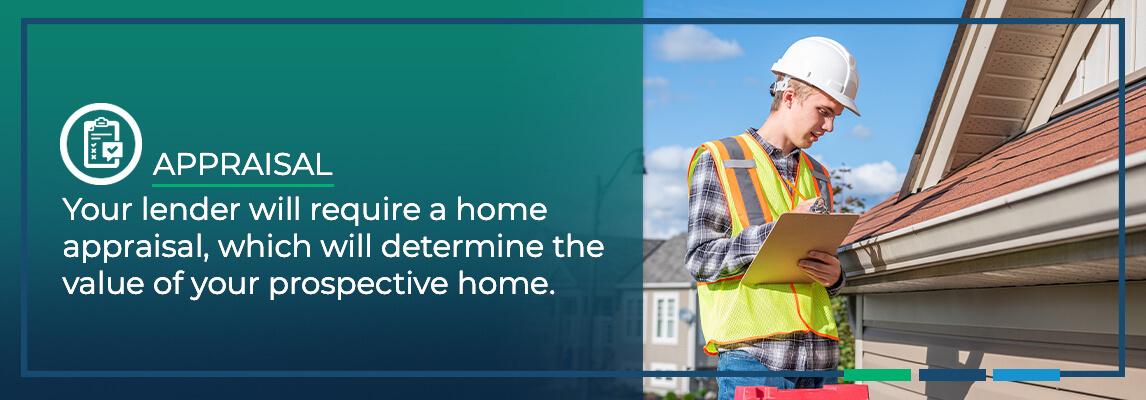
Appraisal
Your lender will require a home appraisal, which will determine the value of your prospective home. To protect you from paying more than the house is worth, the amount of money that a mortgage lender will allow you to borrow for a house will depend on what the appraisal finds. Because an appraisal is mandatory before getting a loan, your lender will schedule the appraisal for you.
After going through the appraisal process, you should be all set to have your loan approved. Follow up with your lender about two weeks before closing to make sure that your loan will go through smoothly and on time. Once your lender has officially approved your loan application, they will give you a Clear to Close.
Insurance
An appraisal will also tell your lender how much coverage to provide you with for homeowners insurance. Even though you don’t technically own the house yet, you should shop around for homeowners insurance before closing on the house so that the mortgage lender can know exactly what you’re being funded for and finalize your loan. If you pay your insurance premium upfront and before closing day, you will be able to exclude the premium from your closing costs.
Titles
To become the legal owner of a piece of property, you need to hold its title. Find a title company that will serve as a neutral third party throughout the negotiation period. The title company will hold all instruments, including the funds and the deed for the house.
The title company will also look into your prospective property’s complete recorded history so, on your closing date, you can know the title is free and clear of encumbrances and any new encumbrances have been properly added to the title. Ask the title company about any recorded easements and encroachments they find, which may restrict your rights on how you use your land.
Along with a title company, you might want to talk with an attorney or tax advisor regarding the best way to hold a property title. The legal, estate and tax implications will vary depending on the method of holding a title you choose and the exact terms of your ownership.
Check the Receipts
Before making your final decision on a house, ask to see both the property tax records and a copy of the most recent utility bills. Although you already got an appraisal to tell you the value of the house, property tax records will show you how your property tax might fluctuate as the value of the home goes up and down. By looking at property tax records over the past several years, you can identify some patterns in the market values, which will be especially helpful to those interested in purchasing an investment property.
The old utility bills will warn you whether you are walking into more expenses than you were aware of. Orlando weather can be scorching in the summer, so make sure you know how much it will cost to keep the home cool during the hottest days of the year. Keep in mind that the heat can also dry out your grass, so consider how much it will cost each month to maintain a well-watered lawn.
Make an Offer
Once you’ve found a house that both fits your investment property budget and passes your pre-closing checklist, you’ll be ready to make an offer. Like the rest of Florida, Orlando home buyers and sellers use formal contracts to lay out the specific terms and requirements of their agreement. Although you can make an initial oral offer, sellers take offers in writing more seriously.
Even if you offer the full listing price for a house, a seller doesn’t necessarily have to accept your offer. You should hear back from a seller within a couple of days with their decision, and if they say that the offer was too low, you can enter the negotiation phase. Depending on your financial situation, you can either make a higher offer or wait and hope that no other buyers meet the seller’s higher asking price.
How to Close on an Orlando Rental Property
You’ve nearly made it through the home buying process. Now it’s just a matter of closing on the house. Before you start to celebrate, carefully go over the closing details with your real estate agent. Then you’ll be free to happy dance in the Florida sunshine.
Here are the final steps of how to buy a house in Orlando:
Offer Acceptance
There’s nothing quite like the excitement of hearing that your offer’s been accepted. But before you get too carried away, go over the final contract carefully with your agent. You’ll most likely be asked to put up a small portion of the down payment as earnest money to prove you are serious about buying the house.
After the contract is signed, you’ll pay the remaining down payment and begin getting ready for your closing date. You will not have too much to do before closing if you have already gotten an inspection, appraisal, title information, homeowners insurance and loan approval. Keep in mind that you will have to cover a portion of the closing costs on closing day. About a week out from closing, you’ll want to schedule a final walk-through inspection to make sure everything around the house is in order before finalizing the sale.
Closing
At closing, you’ll sign all of the necessary paperwork. Make sure your real estate agent accompanies you to the closing meeting so they can read along and double-check all of the terms of agreement for you. After signing and transferring funds from escrow, you’ll receive the keys to the house and become the proud new owner of an Orlando property!
Final Touches
Now that you officially own the house, you’ll be able to make some changes to make the house more appealing to potential tenants. Adding a bit of personal flair can add to the aesthetics of your home. If you want to attract renters, you’ll need to make your house stand out, which you can do with some tasteful decorating.
In addition to being visually appealing, the changes you make to your home should also be geared toward safety. Keep in mind that Florida can be particularly vulnerable during hurricane season, so be sure your investment is protected against tropical storms, including the garage.
Let Banko Overhead Doors Make Your House Safer
Make your new property complete with an eye-catching garage door. As the focal point of a house’s exterior look, the garage door should be attractive and set your house apart. Banko Overhead Doors gives Florida property owners a wide selection of residential garage doors to choose from so that they can choose the best fit for their house.
Your property should always be a safe place, and one of the easiest ways to ensure that is by installing a hurricane rated garage door. Reinforced hurricane rated garage doors use layers, sturdy tracks, reinforcement rods, upgraded hinges and insulation to help your investment withstand all sorts of inclement weather. Also in the interest of safety, we provide high-quality residential garage door installation, so you don’t have to worry about a DIY gone awry.
If you’re a proud new Orlando property owner looking to make their house something special, contact Banko Overhead Doors today to schedule a free review and estimate for your new garage door.
Additional Resources on Garage Door Opener Remotes:
- Tips for Moving to Orlando, Florida
- Moving to Tamps: What You Need to Know
- Garage Doors in West Central Florida: What You Need to Know

